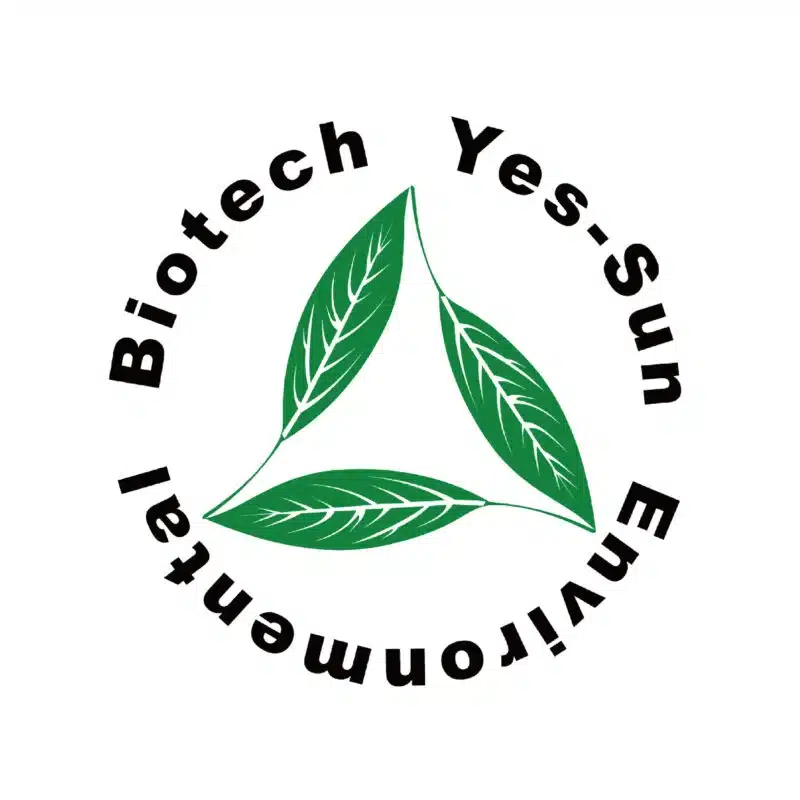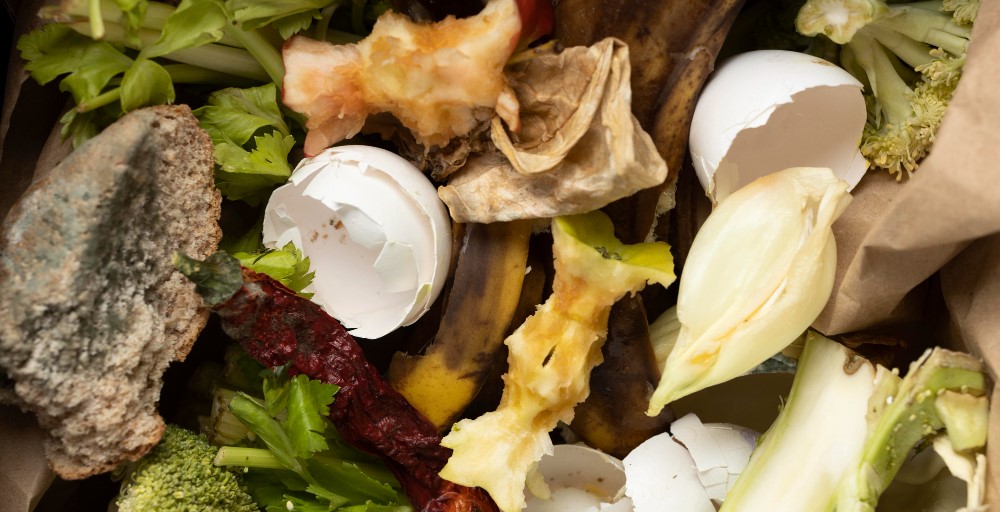BY JENNIFER MCDERMOTT AND JOEAL CALUPITAN
https://apnews.com/article/food-waste-climate-change-waste-pickers-961bb5db3c93ec8cf95ca26b02cdb764
In Malabon, Philippines, Marilene Capentes, a 47-year-old waste collector, is contributing to environmental sustainability by collecting segregated garbage. This initiative, supported by the Mother Earth Foundation, part of the Global Alliance for Incinerator Alternatives, aims to reduce methane emissions from food waste in landfills. Local residents, like 50-year-old Vilma Mendoza, have learned the importance of separating organic waste to limit methane emissions, a potent greenhouse gas.
This effort is part of a broader global movement led by organizations like the Global Alliance for Incinerator Alternatives (GAIA) and the Clean Air Task Force, focusing on reducing waste in landfills and incinerators to combat climate change. Waste pickers worldwide play a crucial role in this process, particularly in the Global South, by collecting, sorting, recycling, and selling materials.
The Global Methane Pledge, launched in 2021, has further emphasized the importance of reducing methane emissions, with over 100 countries committing to a 30% reduction by 2030. The waste sector, particularly in the Global South, is a significant contributor to methane emissions, primarily from organic waste.
In Malabon, organic waste is converted into compost for community gardens and biogas for cooking, showcasing a sustainable waste management cycle. However, challenges exist in implementing these systems, such as initial costs, education, and market limitations for organic materials.
Similar initiatives are emerging in other countries, like Brazil, under President Luiz Inácio Lula da Silva, focusing on supporting waste pickers and investing in waste recycling. In South Africa, experiments in organic waste separation are being conducted in Durban, indicating a growing interest in sustainable waste management practices across the globe.
Discover the future of waste management with composting free technology
Handling organic waste properly can be challenging due to the unpleasant smell and dirty water produced during the composting process. Despite the availability of various composting technologies and equipment in the market, time and pollution remain significant concerns. However, a novel technology that combines patented equipment and enzymes offers a potential solution. This innovative approach can convert organic waste into fertilizer in just a few hours, and most importantly, without causing pollution.
Learn more


 中文 (台灣)
中文 (台灣) Bahasa Indonesia
Bahasa Indonesia Tiếng Việt
Tiếng Việt Bahasa Melayu
Bahasa Melayu Français
Français Español
Español Português
Português